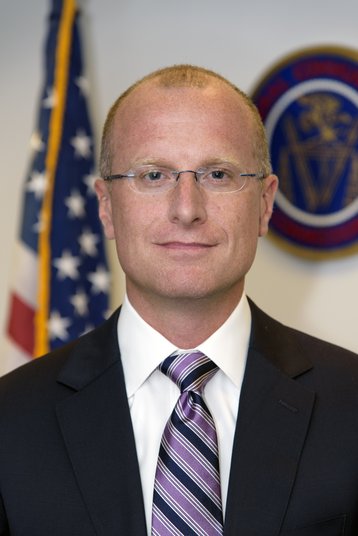US Federal Communications Commission (FCC) Chair Brendan Carr said he's prepared to block mergers and acquisition proposals from companies that promote “invidious” diversity, equity and inclusion (DEI) policies.
Carr, who began his term as chair of America's telecoms watchdog in January, made the comments to Bloomberg.
His comments could have an impact on some high-profile M&A deals set to take place in the US, including Verizon's $20 billion acquisition of Frontier, T-Mobile's acquisition of UScellular's wireless operations and significant spectrum assets, and the pending Paramount Global-Skydance Media merger.
“Any businesses that are looking for FCC approval, I would encourage them to get busy ending any sort of their invidious forms of DEI discrimination,” Carr told Bloomberg last week.
“We can only under the statute move forward and approve a transaction if we find that doing so serves the public interest. If there are businesses out there that are still promoting invidious forms of DEI discrimination, I really don’t see a path forward where the FCC could reach the conclusion that approving the transaction is going to be in the public interest.”
The views echo those of President Donald Trump's administration, which is looking to bring an end to DEI policies across the federal government, as well as in corporate America.
Carr has previously called out Verizon over their DEI policies, noting his concern around the policies.
"I expect all regulated businesses to end invidious forms of discrimination," he said on X last month. Carr also wrote to Comcast about their DEI policies.
Verizon expects its deal with Frontier to conclude next year. The carrier is said to be in discourse with the FCC.
Carr's message to Verizon reportedly led to a clash with outgoing FCC Commissioner Geoffrey Starks, who announced his departure last week.
FCC opens "sweeping investigation" into CCP-linked businesses
Carr also outlined plans to launch a sweeping investigation into the ongoing US operations of businesses with close links to the Chinese government amid fears they could pose a security risk.
He said the investigation will delve into the companies whose equipment or services the FCC has put on its Covered List based on security concerns.
"Despite being placed on the FCC’s Covered List, some or all of those entities may still be operating in the US - either because they do not believe the FCC’s Covered List prohibits particular types of operations or otherwise," noted the FCC Chair.
The companies on the Covered List include Huawei, ZTE Corporation, Hytera Communications Corporation, Hangzhou Hikvision Digital Technology Company, Dahua Technology Company, China Mobile International USA Inc., China Telecom (Americas) Corp., Pacifica Networks Corp./ComNet (USA) LLC, and China Unicom (Americas) Operations Ltd.
The FCC said it has sent letters of inquiry and at least one subpoena to the entities on the list to establish their current levels of operation.
“The FCC has taken concrete actions to address the threats posed by Huawei, ZTE, China Telecom, and many other entities that pose an unacceptable risk to America’s national security, including by doing Communist China’s bidding,” Chairman Carr stated.
“To safeguard our networks, the FCC has placed those CCP-aligned entities on our Covered List, and we have revoked many of the FCC authorizations that they had been operating under. We have reason to believe that, despite those actions, some or all of these Covered List entities are trying to make an end run around those FCC prohibitions by continuing to do business in America on a private or ‘unregulated’ basis. We are not going to just look the other way."
During his previous term in office, President Trump pushed hard to impose sanctions on Chinese telecoms companies such as Huawei and ZTE that it deemed a threat to national security.
President Joe Biden's government also issued bans on the vendors.







